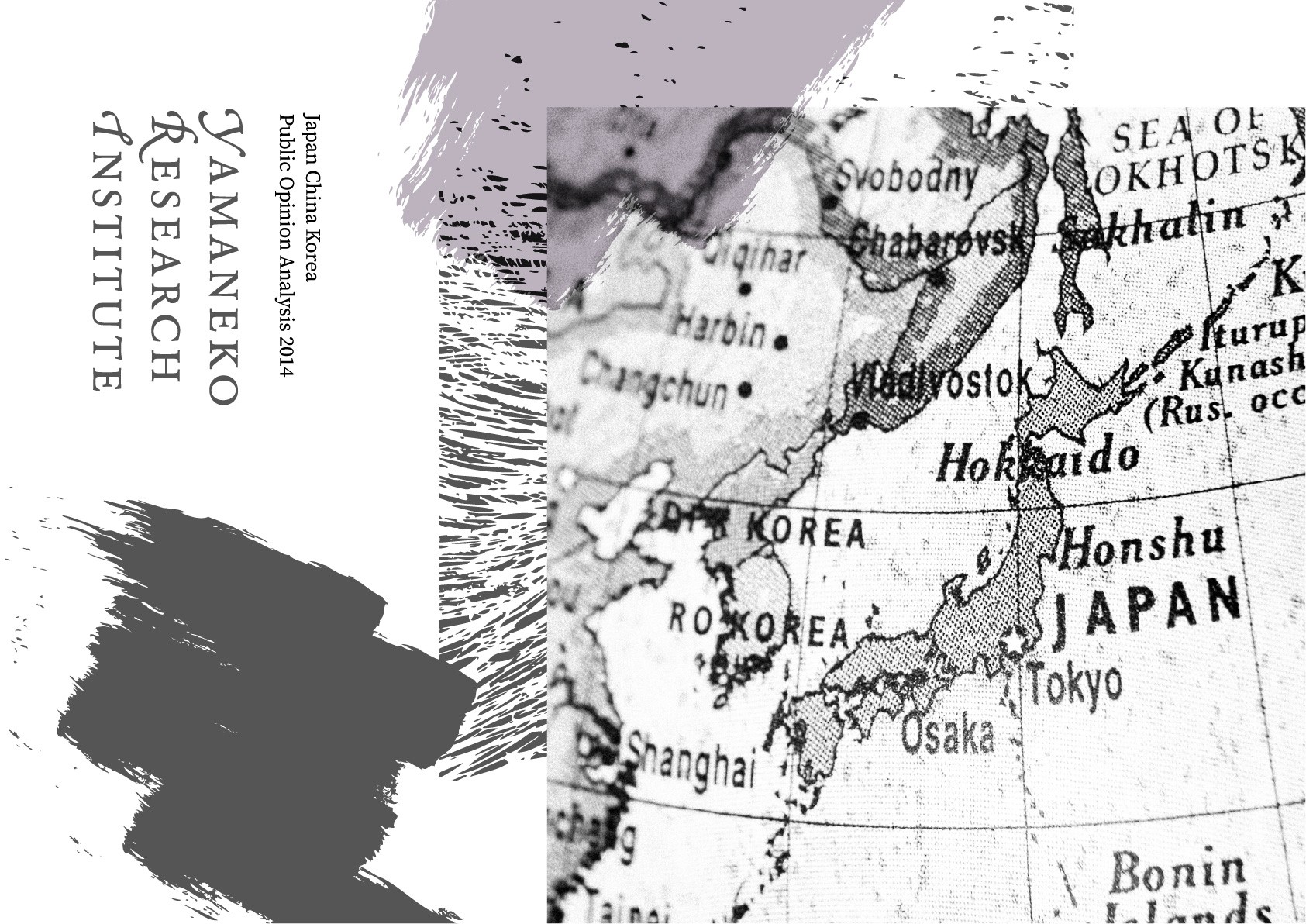EAST ASIA OPINION POLL PROJECT
2020.07.02 REPORTS EAST ASIA OPINION POLL PROJECT
Japan China Korea Public Opinion Analysis 2014
Japan China Korea Public Opinion Analysis 2014
The Japan China Korea Public Opinion Survey was first conducted by the Security Research Unit of the Policy Vision Research Center at the University of Tokyo in 2014 as part of a research project funded by a grant from the Ministry of Foreign Affairs “Grant for Research on Diplomacy and Security”. Lully Miura was the leading scholar in charge of this survey.
The objective of the 2014 survey was to provide an objective data set to decode the “East Asian paradox” theory that collaboration and cooperation are not necessarily being promoted, but rather tensions are mounting despite deepening economic interdependence in East Asia.
International relations in East Asia are characterized with hard line government’s policies, and corresponding hostility among its population. This trend has persisted despite progress made in the economic relations. Previous explanations to this paradox included (1) a view based on realism that emphasized the uses of the nations’ economy as a tool; and (2) a view emphasizing historical and cultural sentiments perceptions; and (3) a view that emphasizes government sponsored populism.
The purpose of this project was to question the validity of the view that the national interest is judged by a single entity, illustrate the balance between domestic political hardliners and pressure from the business community, and to see how the opinions of key stakeholders are reflected or into the policies of the government.
The survey results suggest that Japan, China, and South Korea certainly have functioning mechanisms for the population to promote their interests in trade and other economic transactions. However, collaboration and cooperation are not necessarily strongly promoted in aggregate. The survey uncovers structural aspects such as the competitive nature of economies between Japan and South Korea, the scarcity of B to C transactions that are easily affected by diplomatic relations, and the fact that the sectors engaged in overseas transactions between Japan and China are limited in the first place in Japan. With regards to China, it was suggested that the business lobby had little influence on politics in the first place.
Yamaneko Research Institute carried out the survey in 2017 and currently conducts subsequent surveys once a year. You can find a summary of the survey 2014 results here.

